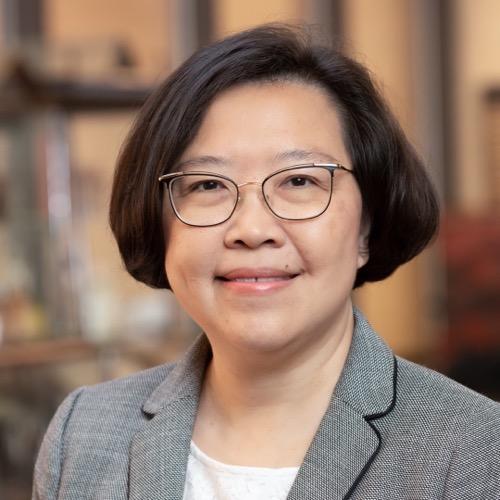Vision
Prepare collaborative practice-ready graduate pharmacists to provide quality and safe patient-centered and population-oriented care as a contributing member of an interprofessional team.
Mission
Provide intentionally-designed and outcomes-driven interprofessional learning opportunities meeting Interprofessional Education Collaborative (IPEC) competencies and programmatic learning objectives through integration into didactics, experiential learning and co-curricular experiences.
An Interprofessional Collaborative Culture
Interprofessional collaborative practice and team-based care is critical to the safe, effective, and efficient delivery of quality health care across the continuum of care. The University of Texas College of Pharmacy places priority in fostering an interprofessional collaborative culture among its students, faculty, and staff with other health professions on campus, in the community, and across health systems. Student pharmacists interact with a variety of health professions, including medicine, nursing, social work, dietetics, audiology, speech-language pathology, athletic training, clinical psychology, and dental hygiene.
Collaborations also extend to other professions, such as business, engineering, education, and public health to explore innovative solutions to improve the quality of care. The college is a leading collaborative partner with the UT Center for Health Interprofessional Practice and Education to advance interprofessional learning for all health professions students at the university and post-licensure learners regionally and nationally.
Integrated IPE Curriculum
To prepare student pharmacists for interprofessional collaborative practice and team-based care, the college integrated interprofessional education (IPE) into the required Pharm.D. curriculum through a longitudinal course series titled Foundations for Interprofessional Collaborative Practice (FICP). FICP prepares student pharmacists to participate as a contributing member of an interprofessional health care team during their pharmacy practice experiences. The thematic integration of IPE is depicted in the diagram below. Other courses and co-curricular activities in our Austin and San Antonio campuses further enhance student experiences in IPE.
![IPE diagram (P1 FICP IPE Foundations [Classroom learning & simulations; IP student teams with facilitators]; P2 FICP Quality Improvement and Patient Safety [IP online discussion forum; IPE simulation; Pharmacy discussions], P2 I-IPPE Roles and Responsibilities [Experiential learning; Structured IP active observation], P3 FICP Population Health [Real world, project-based learning; IP immersions; Team meetings], P4 APPE IP Collaborative Practice [Experiential learning; team-based care; collaborative practice]](https://pharmacy.utexas.edu/sites/default/files/styles/utexas_image_style_1600w/public/2024-07/2024.07-IPE-Diagram.png?itok=Pz4alF1c)
Contact Us
-

Veronica S. Young, Pharm.D., MPH
Clinical Professor of Pharmacy Practice
Director of Interprofessional Education and Community Engagement, College of Pharmacy
Founding Director, Center for Health Interprofessional Practice and Education, The University of Texas at Austin
-

Justin Pedigo, Pharm.D.
Clinical Assistant Professor of Pharmacotherapy and Translational Sciences
Regional Director - San Antonio
Interprofessional Education Coordinator - San Antonio

